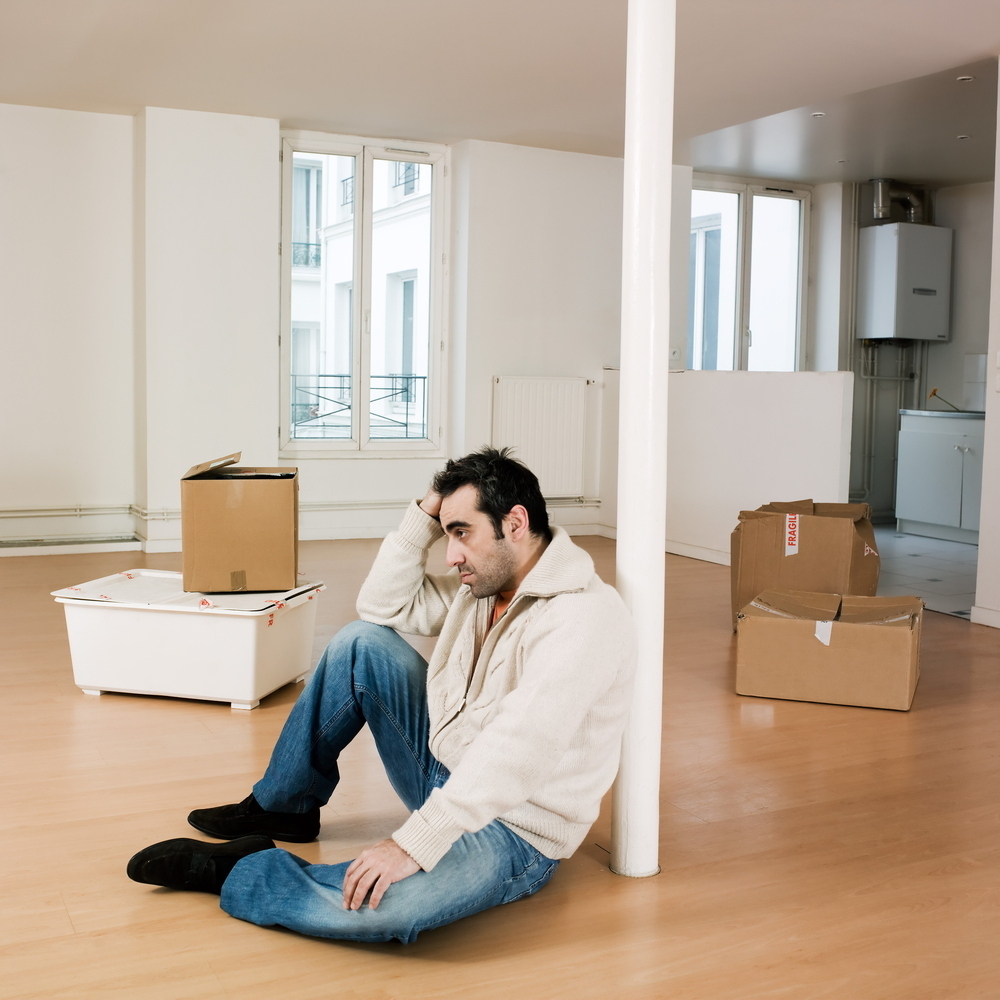
Or, says Davies, a client might envision a completely minimalistic “Zen” space - but if the client has a huge treadmill acting as a clothes hanger they don’t want to move, then a conversation has to happen. Step 1 is to define how you want to use the space: A bedroom in a small home might need to have a dressing area, a bed, a desk, a book shelf. Borean’s contractor had made an abrupt change in the work schedule and she was ordered to remove all her possessions within two weeks. Vanda Borean, 52, reached out to Davies when she renovated the modest Vancouver home she shares with her dog. ‘I didn’t realize how much heaviness was coming from holding on to these items.’ Photo by Arlen Redekop / PNG It’s OK to ask for help ‘It was life changing,’ Vanda Borean says getting the clutter - the excess stuff - out of her life. They must be able to prioritize, make choices and take action, and may have to reflect on other values, such as an item’s necessity, the size of a space, or lifestyle in combination with whether or not the objects bring them joy.

In order to declutter successfully, a person needs skills that may not be innate to their personality. (Woody points out that Kondo’s “spark joy” test, in which you keep only those things that make you happy, won’t work with hoarders and people who love stuff, as “so many things bring them joy.”) Photo by Seth Wenig / Associated Press filesĮnter Davies, who sees herself an “organizing coach.” In her work, Davies sees what happens when clutter encroaches not just on our homes, but on our mental and emotional well-being. Samra believes that in North America’s wealthy consumer society, b asic needs are not just met but exceeded for most of us, so “when the attribute no longer serves a need, it becomes a stressor.” Japanese organizational expert Marie Kondo, who has helped spark worldwide interest in decluttering your home, mainly through her Netflix series. That evolutionary reason may go back to “our cave-person days,” says Samra, “when resources were scarce.” Collecting, storing, even hoarding, might have helped us survive between harvests and hunts. Joti Samra, a clinical psychologist who works with compulsive hoarders, says, “Clutter itself, the tendency to collect and keep, is a normal human attribute with an evolutionary reason.” This advertisement has not loaded yet, but your article continues below. It also signals to our brains that our work is never done and creates guilt, anxiety and the feeling of being overwhelmed. “It’s stressful to be in a cluttered environment,” says Woody.Īccording to Psychology Today, clutter causes stress in part because of its excessive visual stimuli.


Sheila Woody, a psychologist who specializes in hoarding disorders at UBC, says that although clutter is not a mental illness, it can affect mental health. suggest clutter may have significant downsides: “Clutter might undermine the comfortable, everyday experience of feeling at home people take for granted, since disorganization of one’s possessions may erode an ability to find things, move safely throughout their home, and use spaces as intended.” In a recent paper published in Current Psychology, authors Joseph Ferrari et al. ‘When people are surrounded by too much clutter they feel stuck,’ says Davies. Article content Decluttering expert Shelley Davies checks out Vanda Borean’s clean, organized closet in her Vancouver home. Manage Print Subscription / Tax Receipt.



 0 kommentar(er)
0 kommentar(er)
